Post World War II
With the world redrawn after World War II, people were once again on the move, desperate to improve their circumstances. In Hungary, in the aftermath of 1956’s Hungarian Revolution, refugees escaped Communist oppression and arrived in Baltimore. Many were survivors of the Holocaust and were escaping persecuation for a second time. To help them learn the language and find employment, the APGB launched “Operation English,” with “practically every member of the agency’s board involved in the teaching-tutoring project,” according to the agency’s president J. Leo Levy, Jr. Within a short period of time, APGB succeeded in finding employment for members of all 25 newly arrived Hungarian families.“
Communism also affected Jews in Cuba, who faced economic strife as the Communist government seized their businesses and property. Many immigrated to the United States, including Baltimore, where they were forced to rebuild their lives from nothing.
Egyptian Jewish refugees, fleeing Egypt after the Yom Kippur War in 1973, faced a similar fate, as they arrived in the United States without resources or connections. Various agencies of The Associated supplied services, including the Jewish Family and Children’s Bureau, which contributed clothing, furniture and other necessities, and the Hebrew Free Loan Association, which offered interest-free loans for housing.
Subscribe to our newsletter
The Associated is a home for everyone in the Baltimore Jewish community. We offer several email lists to help people find a community, engage with their peers and support Jewish journeys around the world.
Join Our Mailing ListAdd Impact to Your Inbox
Sign up for our newsletter
Subscribe to our newsletter
The Associated is a home for everyone in the Baltimore Jewish community. We offer several email lists to help people find a community, engage with their peers and support Jewish journeys around the world.
Join Our Mailing List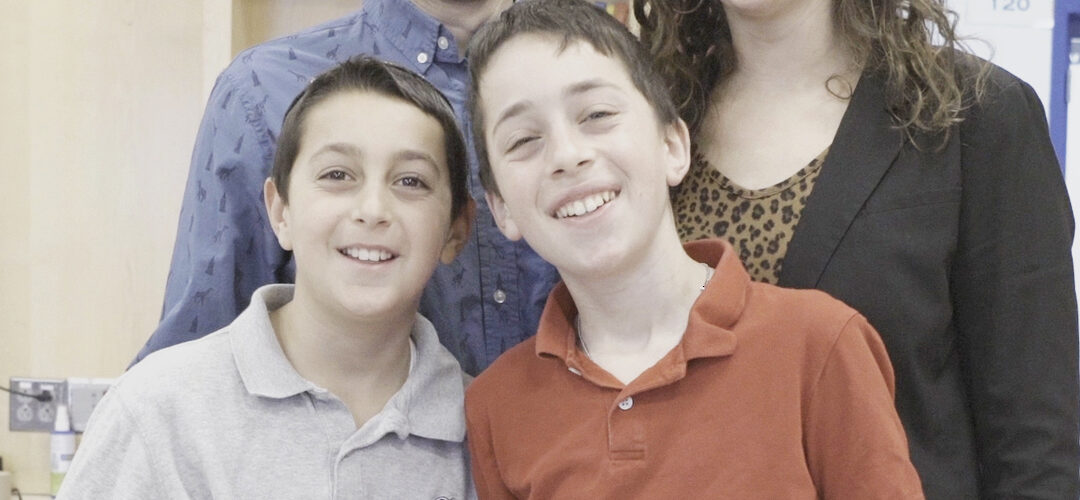




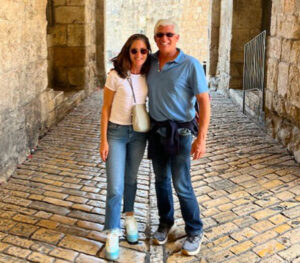
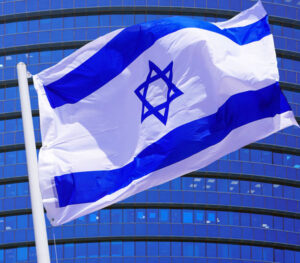
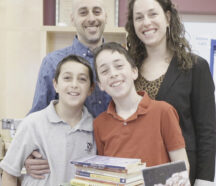
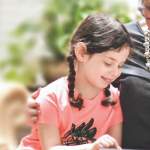
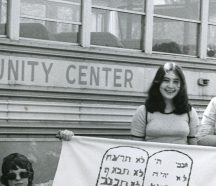
 Please Wait while we loading your video.
Please Wait while we loading your video.